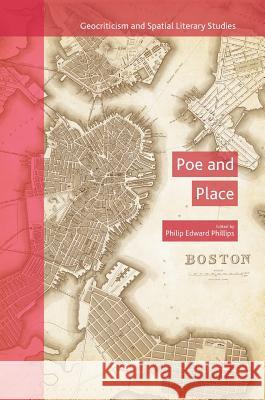Poe and Place » książka
topmenu
Poe and Place
ISBN-13: 9783319967875 / Angielski / Twarda / 2018 / 402 str.
Kategorie:
Kategorie BISAC:
Wydawca:
Palgrave MacMillan
Seria wydawnicza:
Język:
Angielski
ISBN-13:
9783319967875
Rok wydania:
2018
Wydanie:
2018
Ilość stron:
402
Waga:
0.68 kg
Wymiary:
21.01 x 14.81 x 2.54
Oprawa:
Twarda
Wolumenów:
01
Dodatkowe informacje:
Wydanie ilustrowane











